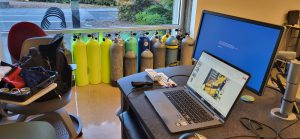
Cylinder Inspection Training: Why a Maintained Cylinder Is a Happy Cylinder
Uncover the importance of gas cylinder inspections and training. Dive deep into ensuring safety, boosting efficiency, and prolonging cylinder life.
Don Kinney – Cylinder Training Services
Persons and facilities take the use and care of cylinders for granted. Gas cylinders are built to very high standards and function well in normal operating conditions. When they are used in day-to-day operations, they function as designed, and rarely cause a hazard. However, with this safety record, cylinders are taken for granted. Since nothing has ever happened, why should something happen during a basic task? Basic cylinder safety principals and training can be overlooked or disregarded.
In July of 2020, a father had taken his two sons, 20 and 22 years old, to a job site. While he was performing some repairs inside the facility, his two sons waited in the car. The plant manager saw the two men sitting in the car and asked them to help move an oxygen cylinder. The two young men complied and began moving the cylinder. The subsequent explosion killed both the young men and injured two other employees at the facility.
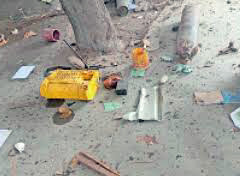
When emergency crews arrived, they had to search the area to recover the remains of the two young men. The father fainted when he saw the recovered body parts of his sons. During the subsequent investigation, the father blamed the plant manager for the deaths of his two sons.
It appeared the plant manager was simply asking for some help moving a heavy object. The manager disregarded that the heavy object was a hazardous material containing thousands of pounds (hundreds of BAR) of a pressurized gas. Toppling or dropping such a cylinder can damage the valve or body of the cylinder. This damage can result in a catastrophic failure. If the two unsuspecting young men were made aware of the possibility of a catastrophic failure, they might not be so willing to help a person in need. Or, at the very least, they may have handled the cylinder in a different manner.
The plant manager, if he did not take cylinder safety for granted, may not have asked untrained volunteers to assist in moving the cylinder the plant manager should have known or been trained in the hazards of compressed gases. The facility should have instilled rules that only allowed those familiar with the hazards to be involved in moving hazardous material.
The father blames the plant manager for the death of his two sons. The responding first responders, due to the two fatalities and the two injuries, opened an investigation. The facility and its manager will need to explain the facilities safety procedures and training protocols. It is doubtful that any procedures involved using volunteer labor to move a hazardous material.
Facilities and employees can not take gas cylinders for granted. Any facility or employee must ensure that anyone handling a compressed gas has been properly trained and is using safe handling techniques. They need safety protocols and training programs in place to remind everyone of the hazards of compressed gas cylinders. Basic safety training goes a long way in preventing injuries and fatalities. The father would not have had to see his two sons dismembered bodies if such programs would have been in place at this facility.
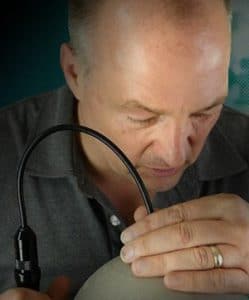
I enjoy continuing to build the business based on safety since 1999. CTS focuses on the inspection of high pressure cylinders, the maintaining of the valves and basic maintenance of high pressure compressor systems. CTS stays current in techniques and tools to train both the new and novice employee. We publish articles, update training tools and have created an APP to assist during the inspection process.
#cylinder #safety #hazmat #training #cylinderinspectiontraining #cylindex

Uncover the importance of gas cylinder inspections and training. Dive deep into ensuring safety, boosting efficiency, and prolonging cylinder life.

Is your composite cylinder showing signs of wear? Discover when to seek a professional repair service in our comprehensive guide.
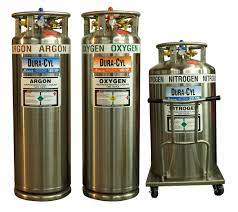
29 CFR 1910.101 intro Handling cryogenic cylinders involves working with extremely low-temperature gases that pose unique safety risks. To ensure the safe handling, storage, and transportation of these hazardous materials,
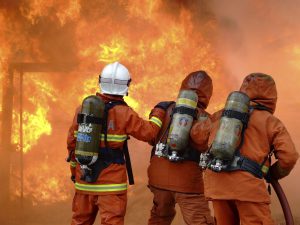
Introduction Firefighters encounter many risks while on duty, including hazardous materials and high pressure bottles. High pressure bottles are used for a variety of purposes in firefighting, including powering hydraulic